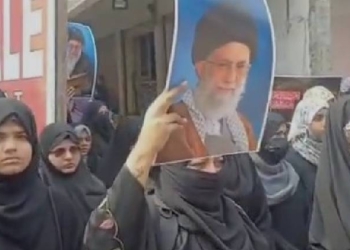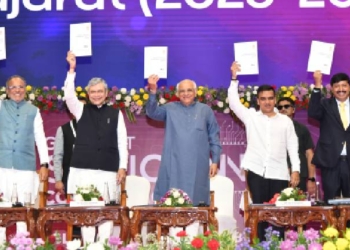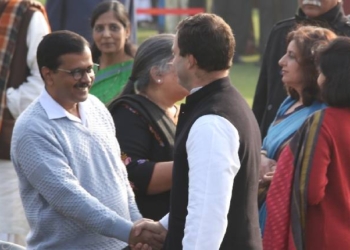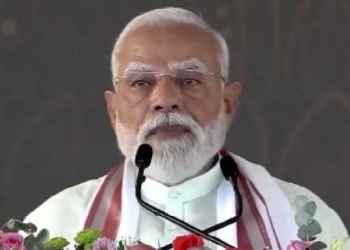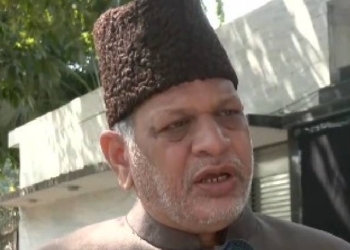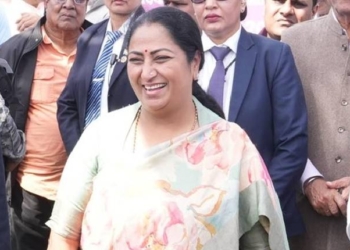New Delhi: A review petition has been filed in the Supreme Court against the recent Constitution Bench ruling upholding the revocation of Article 370 as valid.
The review petition, filed under Article 137 of the Constitution against the decision rendered on December 11, said that impugned judgment should have not left the question open whether Parliament can extinguish the character of statehood by converting a state into one or more union territories.
Talking to IANS, one of the original petitioners – Muzaffar Iqbal Khan – said that the application for review calls upon the apex court of the country to adjudicate upon the vital question relating to federalism – which has been held to be a part of basic structure under the Constitution.
“What other case will be more appropriate than bifurcation of the erstwhile state of Jammu and Kashmir into two Union Territories when the President’s rule is in force?” Khan added.
In its verdict delivered on December 11, a 5-judge bench headed by CJI D.Y. Chandrachud had upheld the status of Ladakh as a Union Territory under Article 3(a) read with Explanation I of the Constitution, which permits formation of a Union Territory by separating a territory from any state.
However, it left the question open whether Parliament can extinguish the character of statehood by converting a state into one or more union territories.
“In view of the submission made by the Solicitor General that statehood would be restored of Jammu and Kashmir, we do not find it necessary to determine whether the reorganisation of the State of Jammu and Kashmir into two Union Territories of Ladakh and Jammu & Kashmir is permissible under Article 3,” the court said.
Further, the SC held that the President of India has the power to issue a notification declaring that Article 370 ceases to exist even after the dissolution of the Constituent Assembly of Jammu and Kashmir.
It added that Article 370 is a temporary provision considering the historical context in which it was included in the Constitution of India.
In its verdict, the top court had also asked the Election Commission of India to take steps to conduct elections to the Legislative Assembly of Jammu and Kashmir by September 30 this year.
Generally, review petitions are tested on very narrow grounds like mistakes of law, error apparent on face of record, etc., and are often dismissed in chambers and are rarely given open court hearings.
(IANS)




